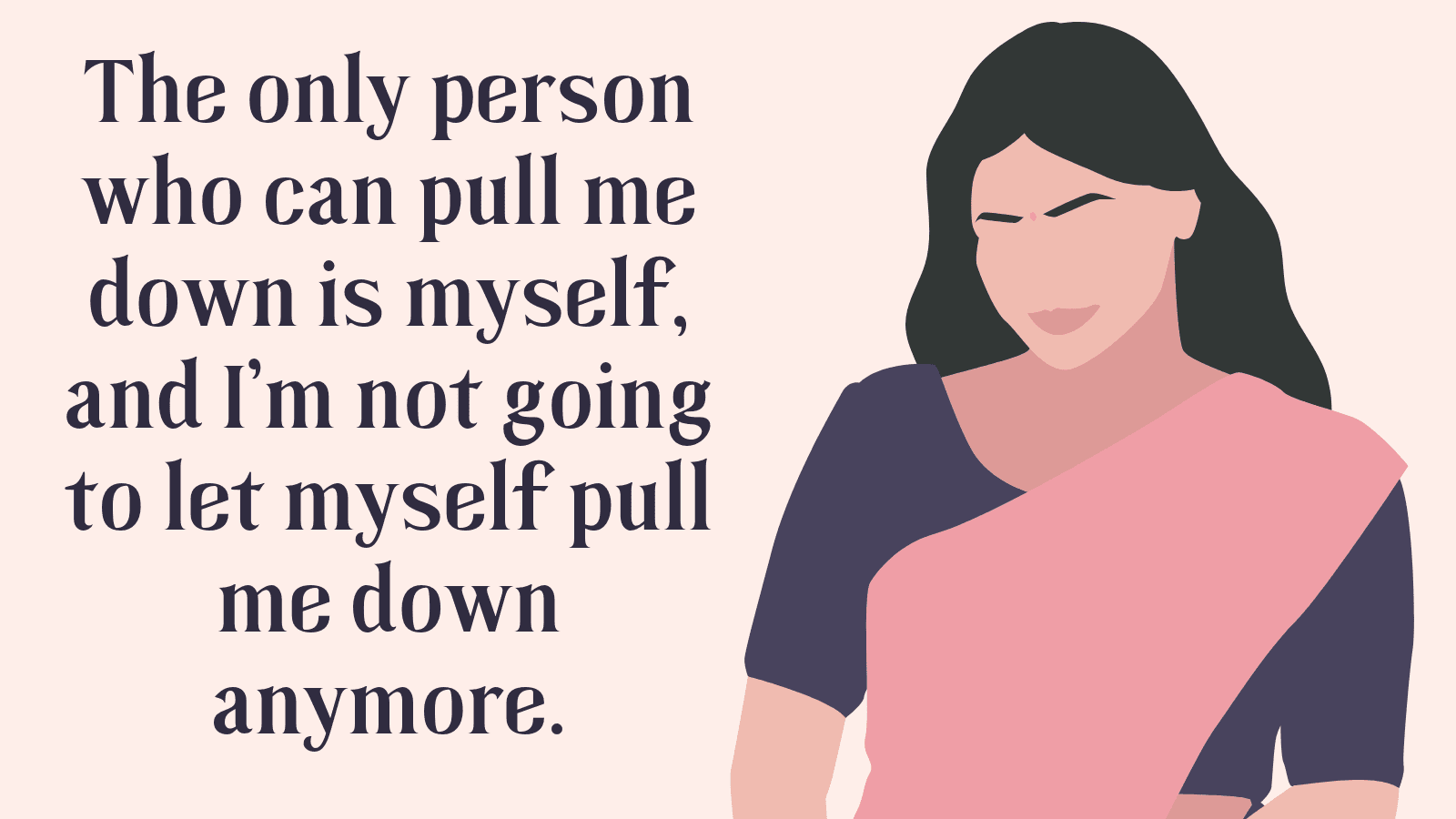
Feeling overshadowed by your partner’s success can be a daunting and emotionally challenging experience. It can leave you questioning your own achievements and struggling with feelings of inadequacy. But fear not, because with our product, “How Can I Cope With Feeling Like I’m In The Shadow Of My Partner’s Success?” we provide you with practical strategies and expert advice to help you navigate through these emotions and regain your confidence. Discover how to embrace your own accomplishments and foster a healthier, more supportive dynamic in your relationship.
Understanding Your Feelings
Recognizing Your Emotions
Understanding your feelings is the first step in coping with any complex situation, including feeling overshadowed by your partner’s success. Take the time to identify and acknowledge what you’re experiencing. It’s normal to feel a range of emotions such as jealousy, frustration, and even resentment. Recognizing these emotions allows you to process them in a healthy way.
Identifying the Impact
Once you’re aware of your emotions, it’s important to reflect on how they are impacting you and your relationship. Feeling overshadowed can affect your self-esteem, happiness, and even your perception of the relationship itself. It’s essential to acknowledge the impact these feelings have on your overall well-being and take steps to address them.
Understanding Jealousy
Jealousy is a common emotion in situations where we feel overshadowed or less successful compared to our partners. It’s important to understand that jealousy is a natural human emotion and doesn’t make you a bad person. By exploring the root causes of your jealousy and understanding the underlying insecurities or fears that may be fueling it, you can start addressing these issues head-on.
Building Self-Esteem
Focus on Your Own Accomplishments
Remember that your worth isn’t determined by your partner’s success. Take the time to acknowledge your own accomplishments and the unique qualities that make you who you are. Celebrate your own achievements, no matter how big or small, and find validation from within.
Practice Self-Compassion
Be kind to yourself during moments of insecurity. Treat yourself with the same compassion and understanding you would extend to a friend. Acknowledge that everyone has their own strengths and weaknesses, and your partner’s success doesn’t diminish your own value or worth.
Develop a Growth Mindset
Instead of viewing your partner’s success as a threat, embrace a growth mindset. See their achievements as an opportunity for inspiration and personal growth. Focus on learning from their experiences, gaining new skills, and setting your own goals. Adopting a growth mindset will help you shift your perspective and find motivation in your partner’s success.

This image is property of www.sanebites.com.
Communicating with Your Partner
Express Your Feelings
Open and honest communication is key when dealing with feelings of being overshadowed. Share your emotions with your partner, expressing how their success makes you feel and the impact it has on you. Be vulnerable and allow for a safe space for both of you to have an open dialogue about your concerns.
Set Healthy Boundaries
Setting healthy boundaries in your relationship is crucial. Define what you need and communicate it to your partner. Discuss how you both can support each other’s goals and accomplishments while maintaining a sense of individuality. When boundaries are respected, it fosters a sense of mutual support and understanding.
Seek Support Together
Consider seeking support together, such as couples counseling or therapy. A professional can help facilitate productive conversations, provide guidance, and offer tools to navigate the challenges of feeling overshadowed. Seeking support as a couple shows a commitment to growth and strengthening your relationship.
Finding Your Own Path
Explore Your Interests
Use this opportunity to explore your own interests and passions. Discover activities or hobbies that bring you joy and fulfillment. Embracing your own individuality allows you to cultivate a sense of purpose and independence outside of your relationship.
Set Personal Goals
Take time to reflect on your own personal goals and aspirations. What are the things that you want to achieve? Set realistic and meaningful goals for yourself and work towards them. Focusing on your own growth and accomplishments will help you build confidence and find a sense of fulfillment.
Invest in Self-Care
Prioritize self-care to ensure you’re taking care of your physical, mental, and emotional well-being. Engage in activities that promote relaxation, self-reflection, and rejuvenation. Whether it’s practicing mindfulness, exercising, or indulging in a favorite hobby, make self-care an integral part of your routine.

This image is property of www.sanebites.com.
Celebrating Each Other’s Successes
Practice Empathy
Developing empathy is essential in celebrating each other’s successes. Put yourself in your partner’s shoes and seek to understand their journey. Recognize the effort and dedication they’ve put into their achievements. By cultivating empathy, you can genuinely support and be happy for your partner’s accomplishments.
Support and Encourage Each Other
Be your partner’s biggest cheerleader and advocate. Celebrate their wins alongside them and offer genuine support and encouragement. By being each other’s biggest supporters, you create a nurturing and uplifting environment that allows both of you to thrive.
Find a Balance in Celebrating
Finding a balance between celebrating your partner’s successes and honoring your own needs is key. Communication plays a vital role in ensuring that both partners feel valued and acknowledged. Discuss how you can strike a balance between celebrating achievements together and maintaining a healthy sense of individuality.
Seeking Professional Help
Consider Individual Therapy
Individual therapy can provide a safe and confidential space for you to explore your feelings of being overshadowed. A therapist can help you gain insights into the underlying factors contributing to your emotions, develop coping strategies, and support your personal growth.
Couples Counseling
Couples counseling can be incredibly beneficial in navigating the complexities of feeling overshadowed. A trained therapist can facilitate open communication, help you understand each other’s perspectives, and guide you towards a healthier and more supportive dynamic. Couples counseling allows you to strengthen your bond and work together towards shared goals.
Join a Support Group
Finding a support group comprised of individuals facing similar challenges can provide a sense of belonging and validation. Connecting with others who share similar experiences can offer valuable insights, empathy, and encouragement. Through a support group, you can learn from others and develop coping strategies to overcome feelings of being in the shadow.

This image is property of www.sanebites.com.
Managing Comparison and Social Media
Avoid Constant Comparison
Comparing yourself to others, especially through the lens of social media, can be detrimental to your self-esteem. Remember that social media often portrays idealized versions of people’s lives and only represents a small fraction of reality. Avoid the urge to constantly compare yourself to others and focus on your own journey instead.
Unplug from Social Media
Taking breaks from social media can provide much-needed relief from the pressure to compare yourself to others. Allocate specific times for social media usage and prioritize activities that bring you joy or nourish your personal growth. Redirecting your focus away from social media can help you cultivate a healthier mindset.
Cultivate Gratitude
Practicing gratitude is a powerful tool in combating comparison. Take time each day to reflect on the things you’re grateful for in your own life. Shifting your focus to the positives can help you appreciate your own unique journey and accomplishments, rather than being consumed by feelings of being overshadowed.
Shifting Your Perspective
Challenge Unhelpful Thoughts
Challenge any negative or unhelpful thoughts that contribute to feelings of being overshadowed. Replace them with positive and realistic affirmations. Remind yourself of your own worth, capabilities, and accomplishments. Over time, this practice can help reframe your perspective and build self-confidence.
Focus on Collaboration, Not Competition
Shift your mindset from viewing your partner’s success as a threat to seeing it as an opportunity for collaboration. Embrace the idea of working together towards shared goals and supporting each other’s achievements. When your mindset shifts from competition to collaboration, you both can thrive and grow.
Embrace Your Unique Qualities
Recognize and appreciate the unique qualities that you bring to the relationship and the world. Embracing your individuality allows you to celebrate your own accomplishments and feel confident in your own worth. Remember that you have your own strengths, talents, and qualities that make you special.

This image is property of ineffableliving.com.
Balancing Personal and Relationship Goals
Create a Shared Vision
Work together with your partner to create a shared vision for your relationship. Define your collective goals and aspirations while considering each other’s individual dreams. Finding a balance between personal and relationship goals allows both partners to feel fulfilled and supported.
Maintain Independence
While it’s important to work towards shared goals, maintaining independence is equally crucial. Nurture your own dreams and ambitions outside of the relationship. Encourage each other to pursue individual passions and maintain a sense of identity separate from the partnership.
Prioritize Open Communication
Open and honest communication is vital when balancing personal and relationship goals. Regularly check in with each other to ensure that both partners feel heard and supported. Discuss any challenges or concerns, and collaborate on finding solutions that meet both your individual needs and the goals of the relationship.
Reassessing Your Relationship
Evaluate Your Expectations
Take a step back and evaluate your expectations within the relationship. Are they realistic and fair? Reflect on what truly matters to you and how your partner’s success fits into your overall happiness. Adjusting your expectations can alleviate feelings of being overshadowed and ensure a healthier perspective.
Seek Professional Advice
If you’re struggling to navigate the complexities of feeling overshadowed, seeking professional advice can offer guidance and clarity. A relationship therapist can help you and your partner explore underlying dynamics, identify patterns, and work towards a stronger and more fulfilling connection.
Consider the Long-Term Impact
Consider the long-term impact of feeling overshadowed on your overall happiness and well-being. Reflect on whether this is a temporary challenge or a recurring pattern in your relationship. Assess if the current dynamic aligns with your values and goals for the future. Making informed decisions about the relationship’s trajectory is essential for your own growth and fulfillment.
Remember, feeling overshadowed by your partner’s success is a common struggle, but it’s not an insurmountable one. By understanding your own emotions, building self-esteem, prioritizing open communication, and finding your own path, you can navigate through this challenge and foster a healthier and more fulfilling relationship with your partner.






